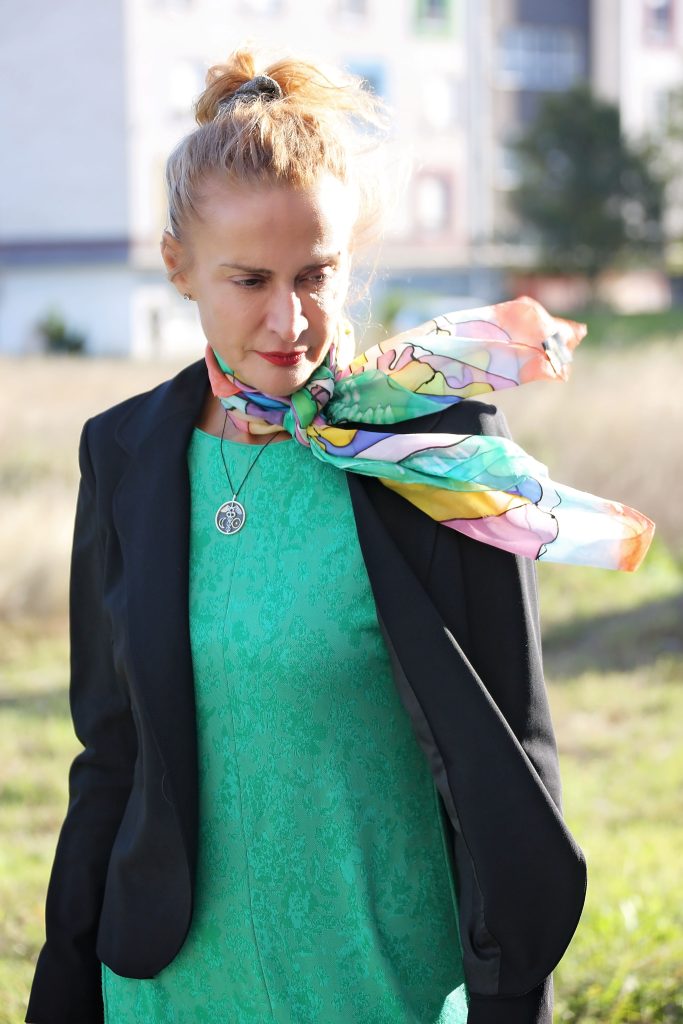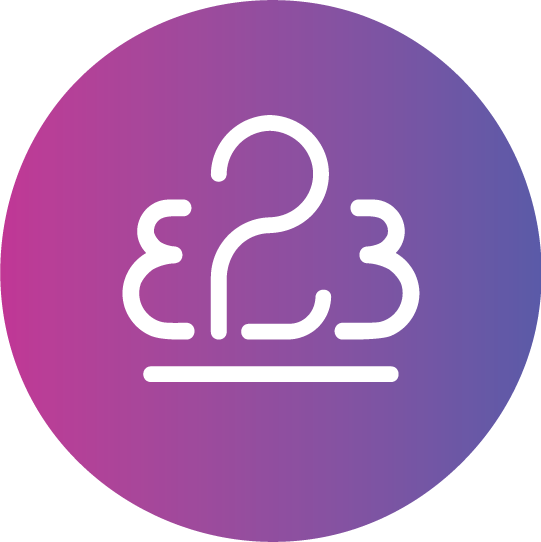
In the quest for excellence, many companies explore far and wide for the missing piece, the secret ingredient that will drive them to success. But what if, in pursuing the extraordinary, we’re overlooking the extraordinary within our own walls? Are we, as leaders, looking too far for something that we already have?
Many leaders, in their search for excellence, cast their nets beyond the confines of their organizations. It’s a natural tendency, but is it always the most effective strategy?
Imagine standing in the middle of a garden, surrounded by various flourishing plants. Now, consider turning around. The people around you may be the very resources you seek. The familiarity with the soil (company culture), the roots deeply embedded (loyalty and commitment), and the ability to weather storms (previous challenges overcome) – these are the strengths of your internal garden.
Leadership isn’t just about achieving goals; it’s about recognizing and appreciating the unique abilities of those on your journey. Take a moment to acknowledge the heroes within your organization. Whether it’s a team member with a skill for problem-solving or a champion of collaboration, these are the treasures often hidden in plain sight.
To truly unlock the potential within, leaders must actively foster a culture of openness. It starts with acknowledging that every team member brings something unique to the table. Encourage an environment where ideas flow freely, strengths are celebrated, and showing vulnerability is a sign of strength, not weakness.
Effective leadership isn’t just about having the right answers; it’s about knowing where to find them. Look around your organization. What skills, talents, and experiences reside within your team yet to be fully utilized?
In the quest for greatness, it’s crucial to recognize it is often found in the seemingly ordinary – within the people who are the heart and soul of your organization. Sometimes, what you’re searching for is right in front of you.
As leaders, let’s turn around, appreciate the garden we’ve cultivated, and unlock the potential within our own walls. That “something” and that “someone” may already be there.











